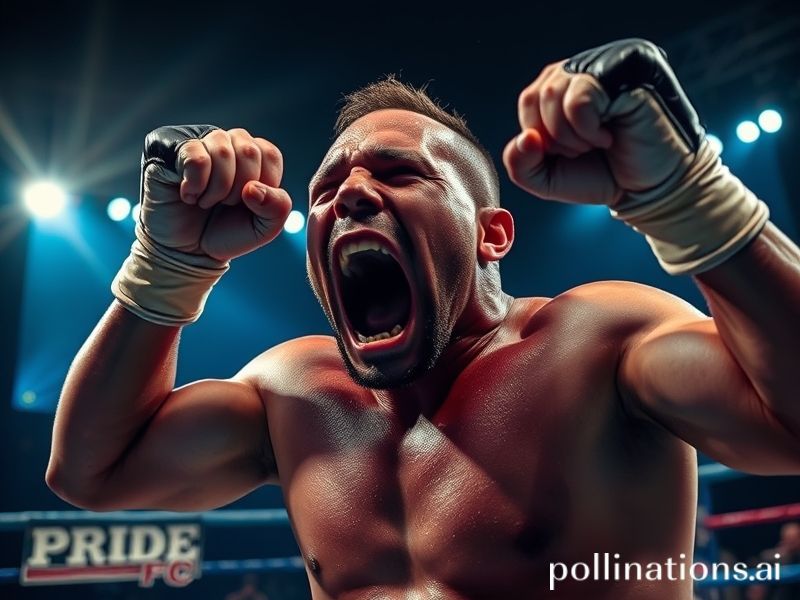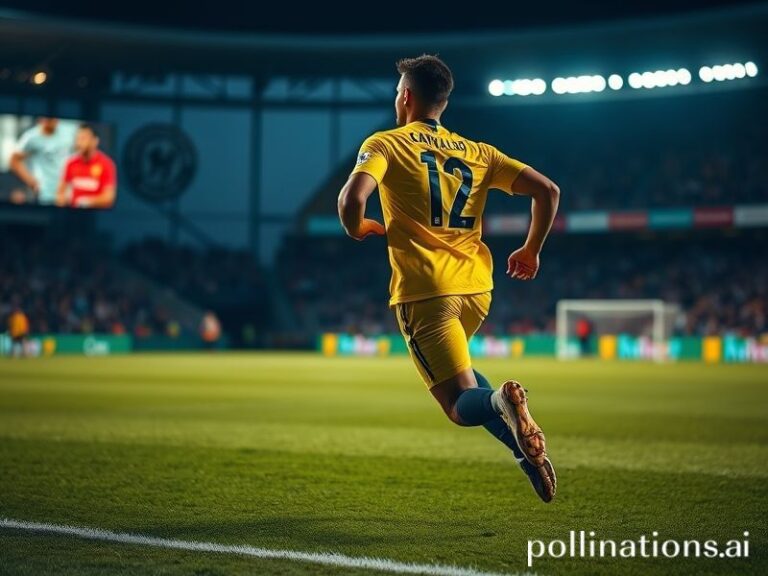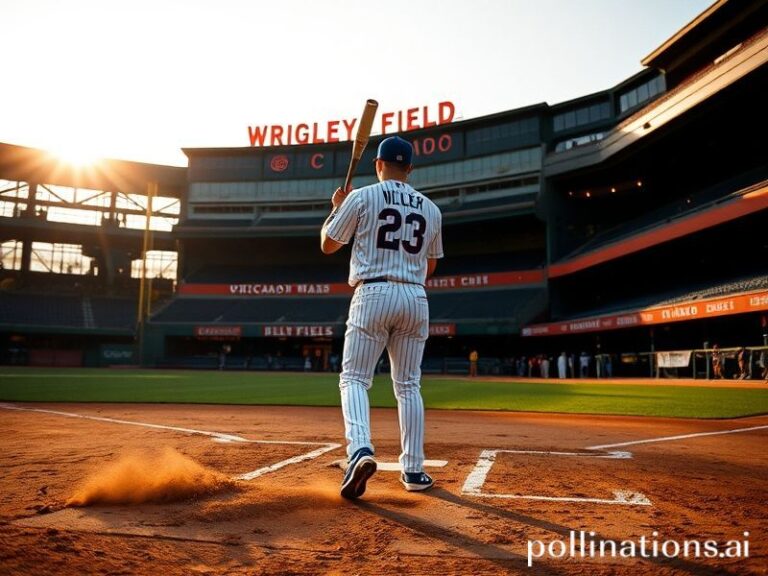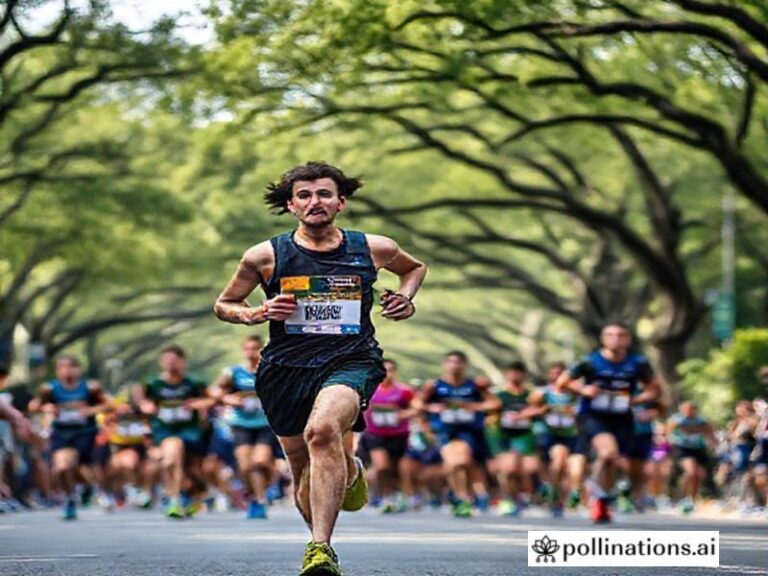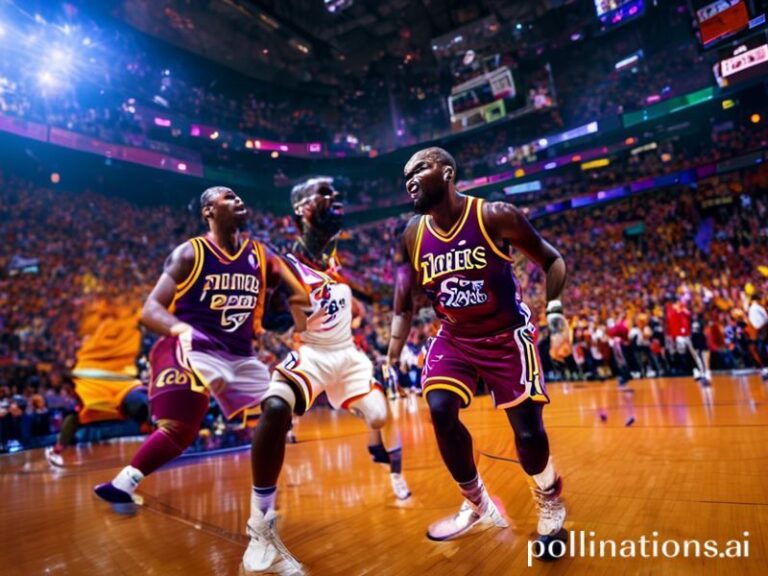Wanderlei Silva: The Global Gladiator Who Turned Violence Into a World Language
Wanderlei Silva: The Axe-Murderer Who Became a Global Rorschach Test
Rio de Janeiro, 1999. While the rest of the planet was busy panic-buying canned goods for Y2K, a shaven-headed Brazilian was teaching the world a more immediate lesson: some apocalypses fit comfortably inside a 30-foot ring. Wanderlei Silva’s PRIDE debut that year didn’t just rearrange faces; it rearranged geopolitical fault lines in a sport still trying to decide whether it was legal in most time zones. Two decades on, his career reads like an international comic book—equal parts cautionary tale and absurdist travelogue—illustrating how one man’s talent for controlled violence can become a referendum on everything from Japanese soft power to American litigation culture.
For the uninitiated, Silva is the grinning sociopath you’d cast if Quentin Tarantino rebooted “The Odyssey” in a Macau casino. Nicknamed “The Axe-Murderer” for reasons that require no poetic license, he spent the early 2000s collecting Japanese scalps at PRIDE Shockwave events that drew TV ratings higher than the Diet’s budget hearings. Japan, still nursing its post-bubble hangover, found vicarious catharsis in watching a Brazilian export redecorate the Tokyo Dome with crimson kanji. The government claimed to be scandalized; the ratings told another story. Soft power, it turns out, sometimes wears four-ounce gloves and speaks fluent Chute Boxe.
Then came the great American land-grab. Zuffa’s purchase of PRIDE in 2007 was less a merger than a hostile takeover masquerading as cultural exchange—think Disney acquiring Kabuki theater and replacing the masks with Mickey ears. Silva’s stateside arrival was marketed as an international incident: the savage from the favela meets the litigious octagon. What followed was a masterclass in unintended consequences. Stateside athletic commissions—those bureaucratic arbiters of how much brain trauma is socially acceptable—suddenly had to translate “soccer kick to the skull” into legalese. The Nevada State Athletic Commission’s eventual distaste for PRIDE rules was less about fighter safety and more about protecting the moral monoculture of Pay-Per-View. Translation: violence is fine, provided it’s properly monetized and doesn’t remind viewers of medieval witch trials.
Meanwhile, Silva’s body kept an independent schedule. Knees turned to gravel, chin to glass, and yet the bookings continued, because nothing sells like nostalgia dipped in blood. The global audience, now fragmented across streaming platforms and underground torrent sites, treated each comeback as a referendum on its own moral decay. Brazilians watched through fingers, praying the next punch wouldn’t be the one that required subtitles for the concussion protocol. Japanese purists lamented the death of spectacle, conveniently forgetting they’d invented the spectacle in the first place. Americans simply updated their fantasy-league spreadsheets, proving that late-stage capitalism can commodify even existential dread.
The final irony arrived in 2014: a lifetime ban by the Nevada commission for evading a drug test—pharmacological cheating being the one sin even the Colosseum couldn’t forgive. Silva responded with a lawsuit so convoluted it could’ve been taught at The Hague as performance art. Three years later the ban was overturned, not because justice was served, but because lawyers, like viruses, adapt faster than regulations. By then Silva had reinvented himself as a politician in Paraná, promising to crack down on violent crime—an audacious pivot for a man whose highlight reel counts as evidence in several jurisdictions.
Today, Wanderlei Silva exists in the uncanny valley between folk hero and war-crimes exhibit. Gyms in Bangkok play his old PRIDE fights on loop, instructing wide-eyed tourists on the finer points of elbow placement. In Dagestan, children reenact his stare-downs with Mirko Cro Cop the way previous generations played cowboys and Indians, blissfully unaware that both cowboys and Indians eventually signed with the UFC. His visage adorns murals in Medellín next to Pablo Escobar, because nothing says civic pride like comparing a cage fighter to a narcoterrorist.
What does it all mean? Perhaps that globalization isn’t Starbucks on every corner, but the shared understanding that a man can be both cautionary tale and pop-culture deity. That the same punch which ends a career in São Paulo becomes a GIF in Seoul, a betting line in Stockholm, and a PhD dissertation in sociology somewhere smug. In the end, Wanderlei Silva is less a person than a mirror: step close enough and you’ll see whatever your culture projects—savage, saint, survivor, symptom. The bruises fade, the lawsuits settle, but the reflection remains, grinning back with the satisfied smirk of a man who learned early that the world will pay good money to watch itself bleed.

